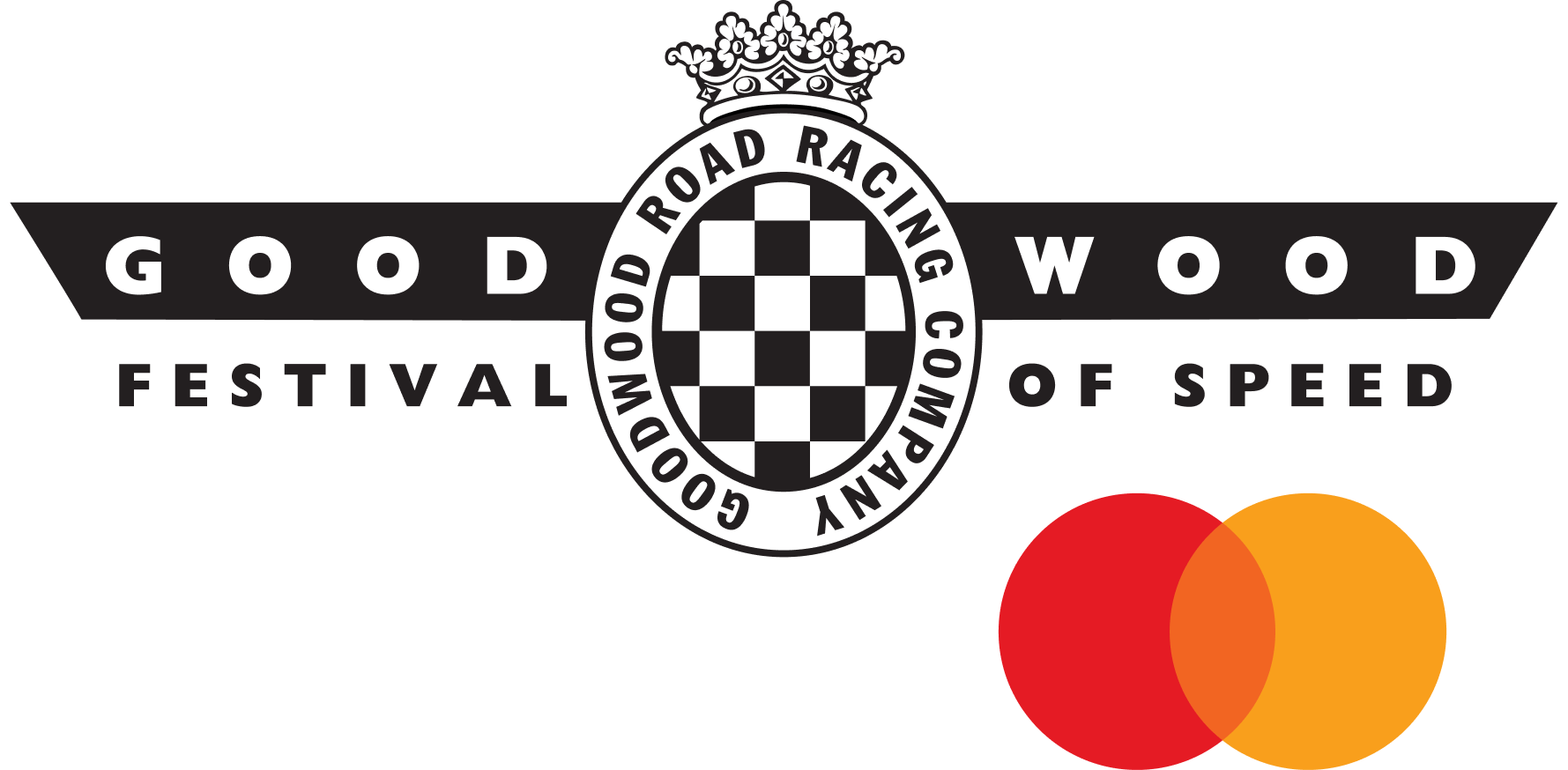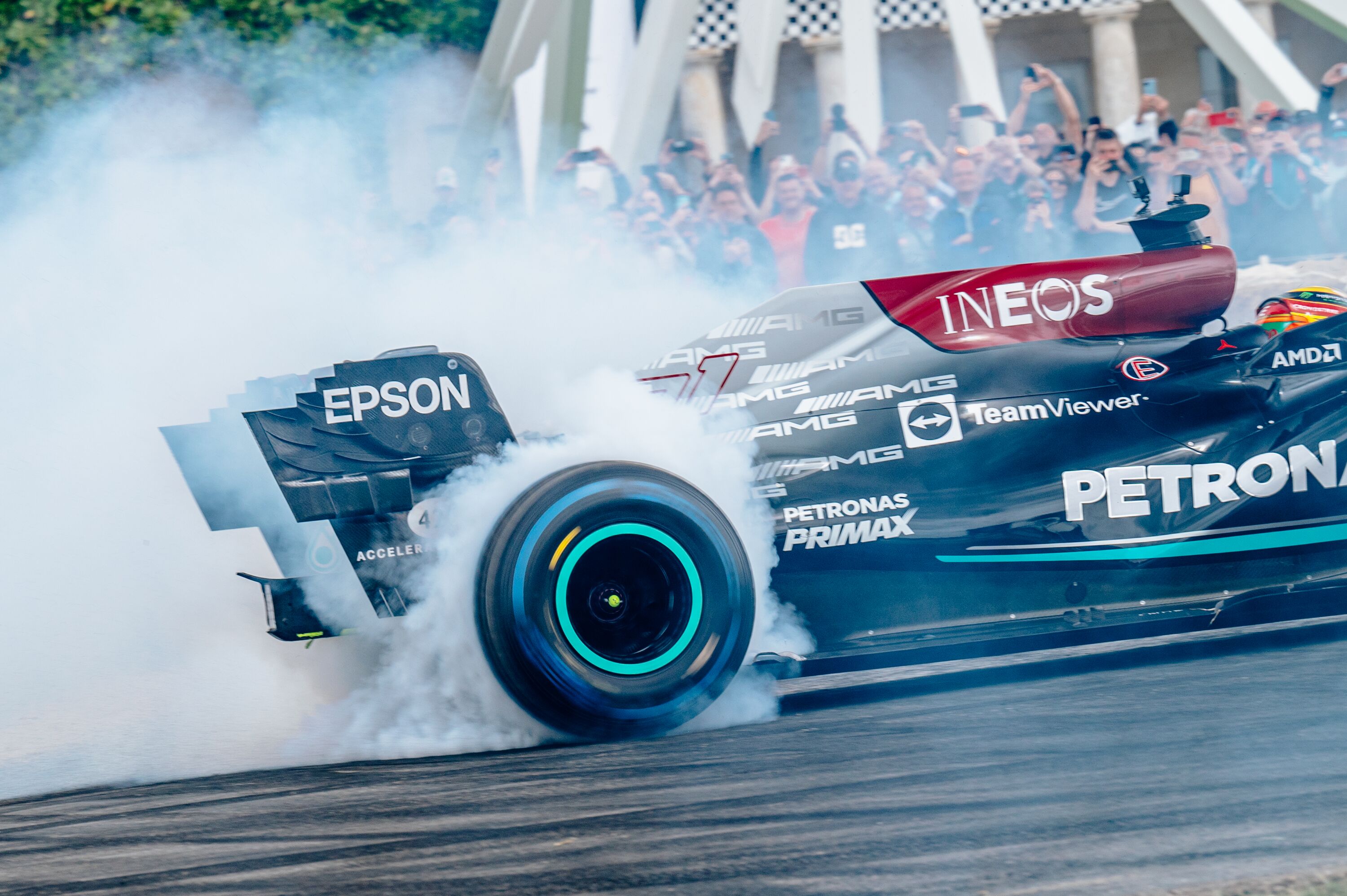Driving the most significant racing Porsche 911 of all time
Please, please let the rain stop. That was my only thought, as we, together with a 1973 Porsche 911 Carrera RSR, took shelter from yet another of July’s torrential downpours. Today of all days, the rain simply had to stop, for driving such a machine has to be a once-in-a-lifetime opportunity – one of the first Porsche 911 racing cars to venture into the realms of the prototype.

With two consecutive Le Mans victories in hand by the end of the 1971 season, the switch to a new set of ‘Group 5 Sports Cars’ regulations left Porsche and 5.0-litre 917 with which it won them without a plan. A new 3.0-litre formula was created, and Porsche got to work developing a new Group 6 prototype that would eventually take shape as the 936 in 1975. Not content with the bench while awaiting this new prototype, however, Porsche was determined to continue racing, and there was an obvious opportunity to do just that with its near- ten-year-old flagship road car.
Turning the Porsche 911 into a Le Mans racer
It didn’t take long after the 911’s 1963 debut for it to go racing, achieving moderate success in rallying of all things. It finished fifth in the 1965 Monte Carlo rally, before taking to circuit racing where it became the class of the field in Trans Am’s sub-2.0-litre category from 1967-’69. But Porsche had bigger plans for its rear-engined sportscar and sights set back on Le Mans.
The Porsche 911 Carrera RS was the beginning. A production model built to homologate a new prototype racer, it was the most extreme Porsche 911 to date but the creation of what might be the most coveted Porsche road car, was only the first step on the road. The Carrera RS was simply a means to a far more ambitious end, an end that took the shape of the 911 Carrera RSR.
The Porsche 911 Carrera RSR took the chassis of the Carrera RS and turned it into a thoroughbred, no-compromise racing machine. The RSR’s engine displaced 2.8 litres, up from 2.7, delivering upwards of 300PS (221kW), compared to the RS’s 210PS (154kW) in a stripped-out 840kg chassis, down 120kg on the 960kg RS. The brakes were switched out and replaced with disks taken from a 917 prototype, shrouded in wider profile wheels and huge 14-inch rear tyres which necessitated those enormous wheel arches. Porsche went all out to turn the 911 into a winner, and win it did.
First time out (albeit before the car’s homologation could be finalised) at the Daytona 24 Hours, the two original versions of the 911 Carrera RSR dominated, crushing the rest of the field by 22 laps. When ‘R7’ arrived at Le Mans, featuring a broadened rear wing design integrated into the rear wheel arches, expectations were high that the RSR could continue its form at the greatest race of them all.
And while it didn’t quite come away with the winner’s trophy, Gijs van Lennep and Herbert Müller drove to a finish behind three V12-engines: two Matra-Simca MS670s and a Ferrari 312PB. Fourth overall very much cemented the arrival of the 911 as a contender at the highest level of endurance racing.
Driving a 1973 Porsche 911 RSR
Fifty years on, that’s the car I found sat in front of me, tucked under its gazebo out of the rain with no inkling of when we would be able to get that 2.8-litre flat-six up and running.
I’d waited patiently for an hour, a mess of nervous energy and anticipation at what was going to be the single most exhilarating drive of my life to date. A slow start to the day did at least provide plenty of opportunity to acclimatise but when the green light finally came to clamber into the driver’s seat, the reality of what was happening struck me hard. I’d never sat in a cockpit like this before, I’d never been faced with the extreme visual of a car built with the sole purpose of roaring down the Mulsanne straight with its valves dancing on the ducktail.
It was entirely alien. The seat was most certainly not designed for me, neither was the pedal layout, nor the roof, which my helmet sat flush against as I settled myself into the clutches of this coarse and unforgiving animal. In a car dedicated to going as fast as possible, I would be the one compromising so as not to limit its capabilities. It’s something we’re very good at as a species, adapting to our surroundings and you can be sure that I found myself working around any sense of discomfort within a minute or so. A thumbs up signalled it was time to fire up the engine, and my thoughts had instead turned to getting the absolute most out of this experience.
During the week building up to this moment, I’d spent hours poring over every piece of information I could find on the car and its drivers, learning anything I could about what I should expect from a 50-year-old racing car. My reading didn’t calm my nerves. Complaints about the gearbox were commonplace, as were reports of near-untameable handling thanks to the extreme rear weight bias of the 911 – shift locking, trail braking and hard lifts are a no-no.
With all of these considerations dominating my mind, I turned the ignition switch for the first time. After three attempts, I finally caught a spark and that 2.8-litre flat-six spluttered into life. The sound was all-consuming as it reverberated around the sparse interior, but the feeling as it rattled through the chassis, the seat, and my body was utterly spellbinding. I’m not sure I’ve ever felt something that engulfed my senses to quite that degree, and that’s before I’d got the thing moving.
As I select first gear, there’s satisfying accuracy despite a lengthy throw. I request some revs and release the clutch. That initial crawl down the Hill towards the start line was strangely quiet, at least in my own head – pure focus, as I got a feel for the pedals. The throttle, alert and sharp. The brakes, smooth and heavy. The clutch, long and relaxed. There’s an odd serenity that overcomes the energy of anticipation. I was about to experience what it was like to drive a legendary Porsche racing car, and yet I sat quite calmly, engulfed in the moment, simply waiting for the signal that the route was clear.
What really struck me was how demanding the car was, you have to keep the engine interested at around 2,000rpm, pumping the throttle now and again to maintain pressures. This car does not do quiet. Even at a standstill the noise is simply astonishing.
The morning consisted of slow-speed running in wet conditions. There was plenty of rain in the air, and the Hill was a treacherous obstacle course of standing water. Useful for little more than a couple of reconnaissance runs to check everything was running smoothly. It was at these pedestrian speeds however that I learned most about the car. Crawling away from the start line, it spluttered and jerked under quarter throttle, its monster cams protesting the light load. From 2,000rpm, 3, 4, 5,000rpm, the engine was crying out for more. The realisation was swift, that this car needs to be driven flat out. It’s not supposed to be babied; it’s not designed to pootle at 40mph. If the red line isn’t beckoning, it’s not interested. Oh, how I hoped I’d get the chance to do this extraordinary car justice.
Getting the 911 RSR on song
That chance finally came. After hours of perpetual rain and drizzle, and numerous attempts to get the car back out on the Hill, the skies cleared. By now I’d spent a couple of hours in the cockpit, and I’d got used to the driving position, the controls, the engine. Within a relatively short space of time, I felt more or less allied with the car. All of the worries I’d had coming into this experience were unfounded. Beneath the rough and antagonistic visage was an approachable and uncomplicated car to drive.
The throttle was smooth and predictable, the gearbox was slick and utterly compliant. It did exactly what I needed it to do and it gave me the confidence that, when the Hill was finally dry, I’d be able to keep up with this extraordinary machine.
This was it. After all of the waiting, and all of the frustration, I fired up the engine one more time, and sent it out onto the famous Goodwood Hill.
My first run down past the House was a pure release of adrenaline. The car eased up to its preferred 6,000rpm within a few metres, like an SR71 Blackbird patching its own fuel leaks with speed. A sharp shift into second, I put my foot down properly for the first time and my head was planted into the seat, the engine revealing an insatiable hunger for revs. Suddenly this car had come to life.
The engine sang, the steering wheel felt energised in my hands, and the car was now skittering across the surface as it weaved between imperceivable undulations in the tarmac. The transformation from lumbering impatience to bounding energy was alarmingly immediate. Even at relatively low speed, the bombardment on my senses was all consuming. Sharing that confined space with that engine, you feel it as much as hear it. You can smell the fuel burning, eyes on stalks as the acceleration pulls you back into the clutches of the seat.
For everything I was experiencing on the inside, the magnitude of the car I was driving became all the more obvious as onlookers lined up, phones trained on the RSR as it roared past. Cars like this capture the imagination, and for a brief moment I was transported back to 1973, with visions of what it must have been like for van Lennep and Muller, as they wrestled this exact car along the Mulsanne Straight at speeds in excess of 200kph. It’s impossible to know how that must have felt, even having had a taste. It’s one thing to get a handle of the controls and drive a few hundred feet hitch-free, it’s quite another to dance on absolute limit of physical capability for 24 hours.
To get even a glimpse of what that must have felt like is an unforgettable experience. There are very few places on Earth that dominate your senses quite like that. My hands shook as I climbed out of the car for the final time. The thrill is an addiction. No wonder racing drivers have difficulty hanging up their overalls.
Photography by Joe Harding.
This Porsche 911 Carrera RSR (R7) that raced and finished fourth at the 1973 Le Mans 24 Hours will be up for sale at the Bonhams|Cars Revival sale on Saturday 9th September. Click here to find out more.
Porsche
911
Carrera
RSR
Le Mans





















































































































